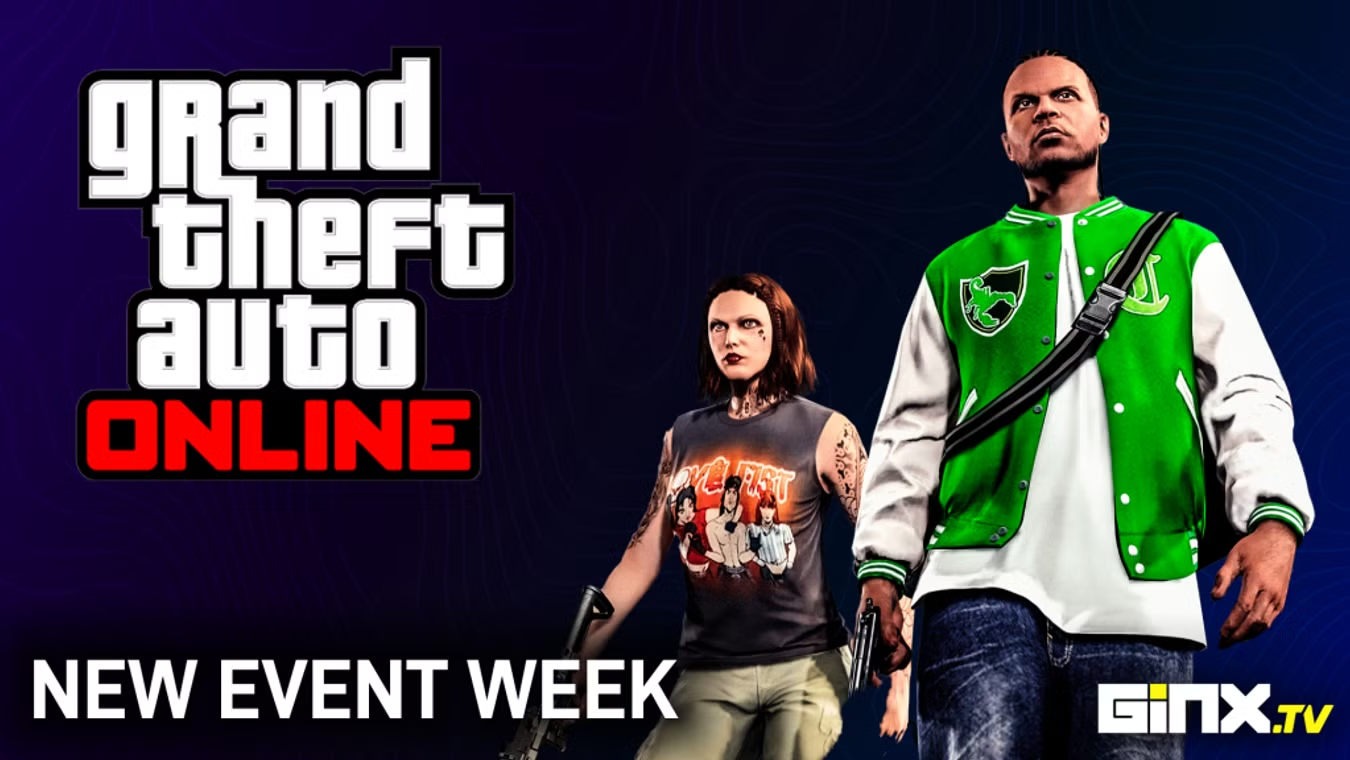Your status: Friend
- Vote & decide on our games for Shut Up and Play with George, Louka & Rob
- GINX's Monthly Newsletter
- GINX Discord - Hang out with the team and fellow Patrons
Your status: Supporter
- 24/7 Live Feed to GINX's TV channel - Available on our website
- Ad-Lite Content: Same GINX website, but with fewer adverts
- Vote & decide on our games for Shut Up and Play with George, Louka & Rob
- GINX Discord - Hang out with the team and fellow Patrons
- GINX's Monthly Newsletter
Your status: Super Fan
- 24/7 Live Feed to GINX's TV channel - Available on our website
- Exclusive NEW episodes of The First Hour
- Access to GINX's video library - Available on our website
- Ad-Free Content: Same GINX website, but with ZERO adverts
- Monday Mixer fan requests - What should we drink?
- Vote & decide on our games for Shut Up and Play with George, Louka & Rob
- GINX Discord - Hang out with the team and fellow Patrons
- GINX's Monthly Newsletter
Your status: Producer
- Exclusive NEW episodes of The First Hour before anyone else
- 24/7 Live Feed to GINX's TV channel - Available on our website
- Ad-Free Content: Same GINX website, but with ZERO adverts
- Exclusive voting power - What should Ant & Sav play next? You decide...
- Your name in the credits of all premium videos.
- Monday Mixer fan requests - What should we drink?
- GINX's Monthly Newsletter
- GINX Discord - Hang out with the team and fellow Patrons
- Access to GINX's video library - Available on our website
Your status: Producer (permanently whitelisted)
- Exclusive NEW episodes of The First Hour before anyone else
- 24/7 Live Feed to GINX's TV channel - Available on our website
- Ad-Free Content: Same GINX website, but with ZERO adverts
- Exclusive voting power - What should Ant & Sav play next? You decide...
- Your name in the credits of all premium videos.
- Monday Mixer fan requests - What should we drink?
- GINX's Monthly Newsletter
- GINX Discord - Hang out with the team and fellow Patrons
- Access to GINX's video library - Available on our website














![Sols RNG Limbo Update [Eon 1.5] Patch Notes: New Auras, Location, Achievements & More](https://cdn-cf.ginx.tv/imgcdn/pro9BRw8M_mFi5McgLwIbBPCod9vmqBmKianRb7Tcm4/rs:fill:1350:760:1/g:ce/aHR0cHM6Ly93d3cuZ2lueC50di91cGxvYWRzMy8xLkNoYWQvcm9ibG94IDIvZ2VuZXJhbC9zb2xzIHJuZyBsaW1ibyB1cGRhdGUud2VicA)






































































